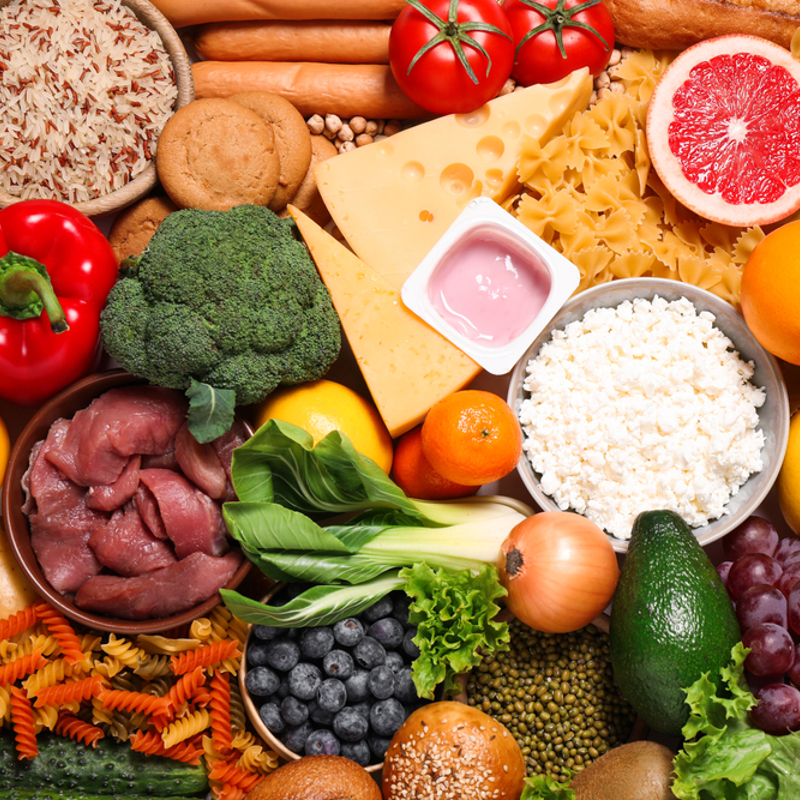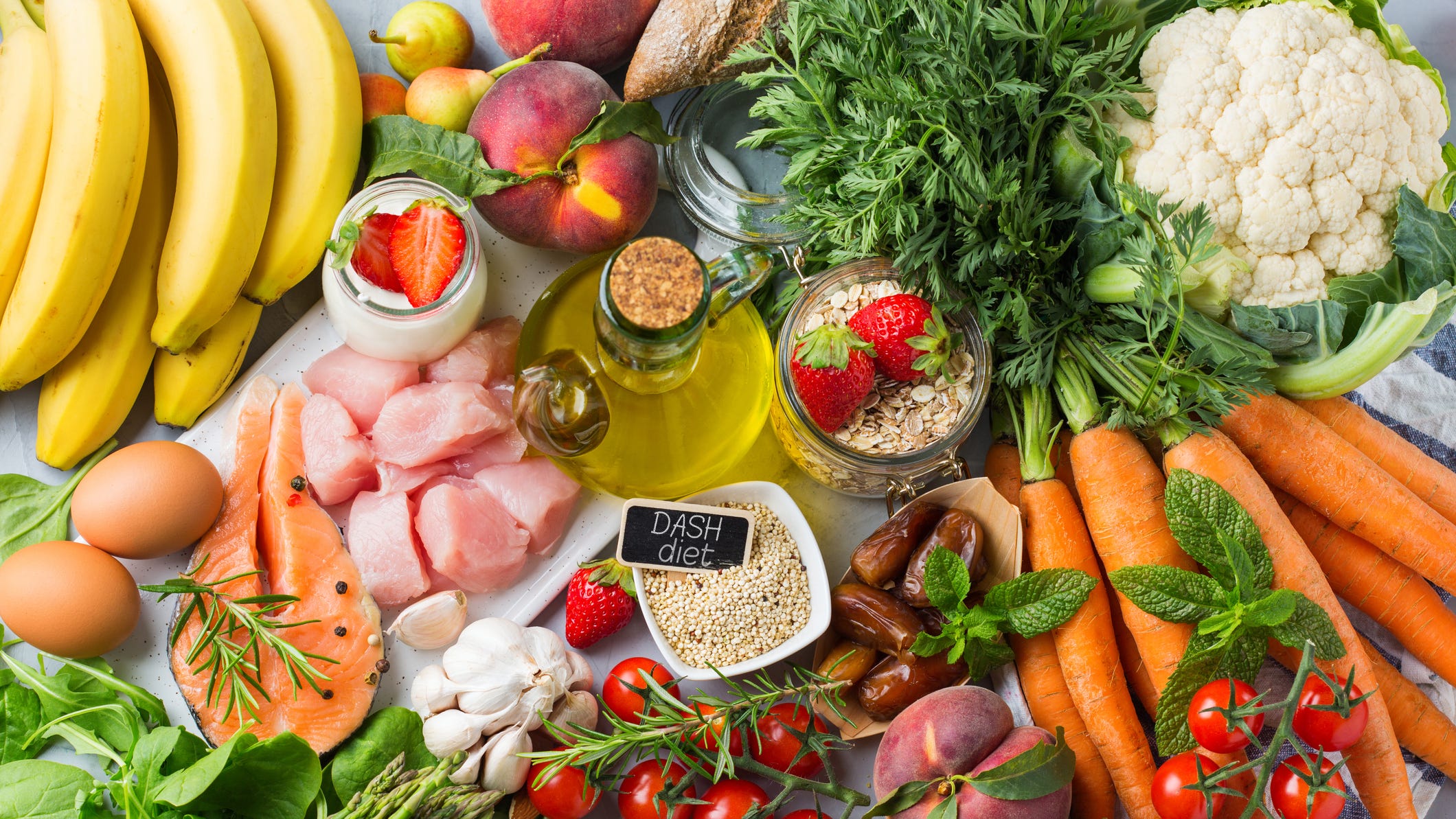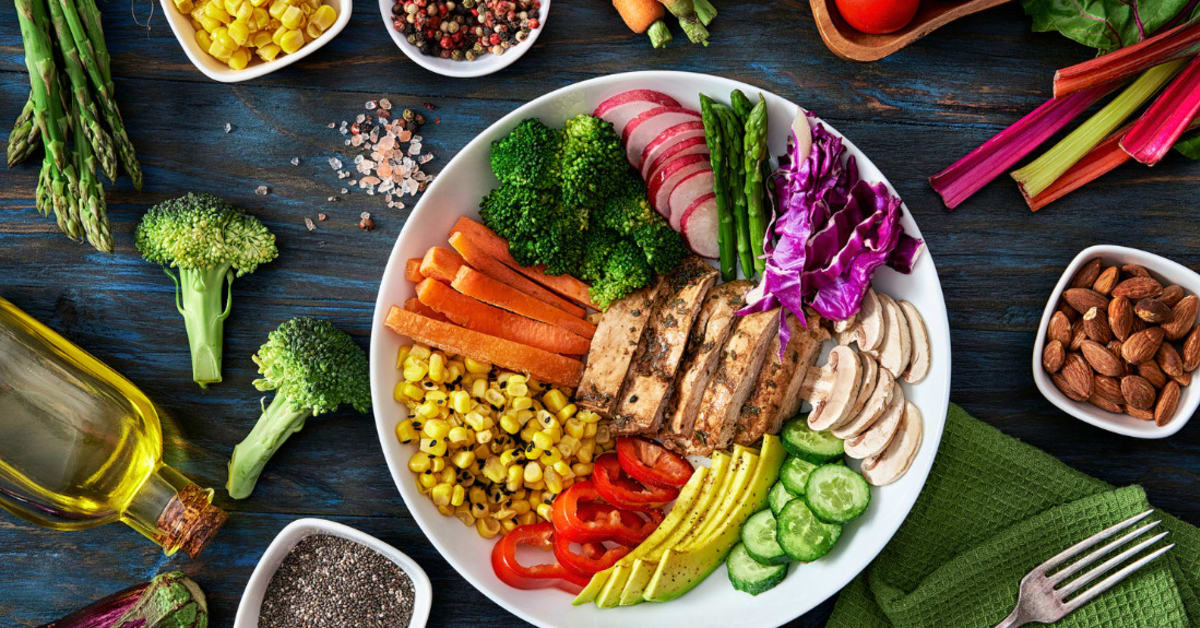Discovering Diet Sodas Without Aspartame: Your Healthier Sip Guide
Many people are giving a closer look at what goes into their everyday drinks, especially when it comes to diet sodas. There's been quite a bit of talk, you know, about certain artificial sweeteners like aspartame. It's highly controversial, and some have claimed it causes a range of problems, which makes folks wonder about healthier ways to enjoy a bubbly drink. So, finding options that skip this particular ingredient has become a real point of interest for many who are watching their food choices.
For a good while now, folks have been hearing different stories about aspartame, and it has prompted a search for other kinds of sweeteners. People want to feel good about what they're drinking, and that often means looking for things that fit into a more wholesome eating pattern. This desire for clearer choices, you see, drives the conversation around diet sodas that don't use aspartame at all.
This guide aims to help you explore the world of diet sodas without aspartame, pointing out what to look for and what other sweeteners you might find. We'll also touch upon how these choices fit into a bigger picture of health, because, as a matter of fact, a healthy diet helps to protect against malnutrition and other health challenges, including diabetes and heart issues. It's about making informed decisions for your well-being, really.
Table of Contents
- Why Think About Aspartame in Your Drinks?
- What Are Your Aspartame-Free Drink Options?
- Natural Sweeteners and Their Place
- Finding Your Perfect Sip: Brands to Look For
- Beyond Soda: Other Healthy Drink Ideas
- Making Smart Choices for Your Health
- Frequently Asked Questions
Why Think About Aspartame in Your Drinks?
Many people have heard whispers, or perhaps even loud shouts, about aspartame. My text shares that it's a highly controversial ingredient, with some claiming it leads to various health concerns. This sort of talk, you know, naturally makes a person pause and consider what they're putting into their body every day. It’s a pretty common reaction to want to understand more about what’s in your food and drinks.
The discussion around aspartame isn't just about avoiding a single ingredient; it often ties into a broader desire for better health. A healthy diet, as my text points out, is a shield against many noncommunicable diseases, like diabetes, heart disease, and even some cancers. So, when someone looks for diet sodas without aspartame, they're often trying to align their drink choices with these larger health goals, which is a sensible approach.
For some, the choice to avoid aspartame might stem from personal experiences or simply a preference for what feels more "natural." It's about feeling comfortable with the ingredients list, and that, too, is a very personal decision. Understanding why people seek out these specific alternatives helps us appreciate the importance of having options available, honestly.
What Are Your Aspartame-Free Drink Options?
When you start looking for diet sodas without aspartame, you'll quickly discover that manufacturers have responded to this demand. There's a growing selection of drinks on the market that use different kinds of sweeteners. This means you have more choices than ever before, which is pretty good news for someone trying to make a change.
These alternatives often rely on other low-calorie or no-calorie sweeteners. Some are plant-derived, while others are sugar alcohols. The key is to check the label, of course, because that's where all the details are. It's like finding a new path when you thought there was only one way to go, you know?
The range of flavors and brands is also expanding, so you don't have to give up the pleasure of a fizzy drink. You might find some new favorites that offer that familiar bubbly sensation without the aspartame. This variety, you see, makes the transition to aspartame-free options much smoother for many people.
Natural Sweeteners and Their Place
When you pick up a diet soda that doesn't have aspartame, you'll likely see other names on the ingredient list that provide the sweetness. These are often sweeteners that come from plants or are derived in ways that some consider more "natural." It's interesting how many different ways there are to make something taste sweet, actually.
Understanding these different sweeteners can help you make a more informed choice about what you're consuming. Each one has its own unique characteristics, including how it tastes and how your body processes it. So, let's take a quick look at some of the most common ones you might find, just to give you a better idea.
Stevia Extract
Stevia extract comes from the leaves of the stevia plant, which is native to South America. It's been used as a sweetener for centuries in some parts of the world, which is a bit of a historical fact. The sweet compounds in stevia are called steviol glycosides, and they are many times sweeter than regular sugar, so you only need a tiny amount.
For many, stevia offers a good alternative to artificial sweeteners because of its plant origin. It doesn't add calories, and it doesn't seem to affect blood sugar levels, which is a big plus for some individuals. However, some people notice a slight aftertaste with stevia, which is something to keep in mind when you're trying new drinks, you know.
You'll find stevia extract in a wide array of diet sodas and other sugar-free products these days. It's become a very popular choice for manufacturers aiming to offer a "natural" sweetness without the calories. It really does provide a different kind of sweetness compared to sugar or aspartame, typically.
Monk Fruit
Monk fruit, also known as luo han guo, is another plant-based sweetener that's gaining a lot of attention. It comes from a small, round fruit grown in Southeast Asia. The sweet parts of monk fruit are called mogrosides, and like stevia, they are incredibly potent, meaning a little goes a long way, more or less.
People often choose monk fruit sweeteners because they don't have calories and don't seem to raise blood sugar. Many also find that monk fruit has less of an aftertaste compared to stevia, which can make it a preferred option for some. It's a pretty clean sweetness, some would say.
Monk fruit extract is showing up in more and more diet sodas and other sugar-free items. It's a good choice for those who are trying to reduce their sugar intake or avoid artificial sweeteners. So, you might see this ingredient pop up more often on labels, too.
Erythritol and Xylitol
Erythritol and xylitol are types of sugar alcohols, which are compounds that have a sweet taste but fewer calories than sugar. Erythritol, for instance, is found naturally in some fruits and fermented foods. It's absorbed into the bloodstream but mostly excreted unchanged, so it doesn't provide many calories, which is quite interesting.
Xylitol is another sugar alcohol often found in chewing gums and some sugar-free candies. It's also present in many fruits and vegetables. Unlike some other sugar alcohols, xylitol doesn't typically cause digestive upset in small amounts, though too much can have a laxative effect, so that's something to be aware of.
Both erythritol and xylitol are popular choices in diet sodas and other sugar-free products because they provide a clean sweetness without the caloric impact of sugar. They are often used in combination with other sweeteners like stevia or monk fruit to create a more balanced flavor profile, you know, to get just the right taste.
Finding Your Perfect Sip: Brands to Look For
When you're out shopping for diet sodas without aspartame, the best approach is to become a label reader. Every brand has its own recipe, and they use different combinations of sweeteners. So, taking a moment to check the ingredients list is really the most important step you can take, obviously.
Look for terms like "stevia," "monk fruit," "erythritol," or "xylitol" on the packaging. Many companies that focus on natural ingredients will highlight these on the front of the bottle or can. It's a good sign that they're trying to meet the demand for aspartame-free options, and that's a pretty helpful thing.
You might also find that smaller, specialty brands are often at the forefront of offering these kinds of choices. They sometimes experiment more with unique flavor combinations and different sweetener blends. So, exploring beyond the big names can open up a whole new world of bubbly drinks for you, too.
Beyond Soda: Other Healthy Drink Ideas
While finding the right diet soda without aspartame is a great step, it's also good to remember the bigger picture of healthy drinking. My text reminds us that a healthy diet helps to protect against many health issues. So, thinking about all your drink choices can make a real difference, just like with food.
Water, of course, is always the top choice for hydration. But if you want something with a bit more flavor, there are many simple and refreshing alternatives. Think about adding slices of fruit like lemon, lime, or cucumber to your water for a natural infusion. It's surprisingly tasty, and it's super simple to make, really.
Unsweetened teas, both hot and iced, are another fantastic option. Green tea, black tea, and herbal teas offer a wide range of flavors and can provide beneficial compounds. And if you enjoy a bit of fizz, sparkling water with a splash of fruit juice or a few berries can be a delightful and healthy choice, too it's almost like a fancy drink.
Remember, the Mediterranean diet, mentioned in my text, has long been considered a gold standard for nutrition. It emphasizes whole, unprocessed foods and plenty of water. So, choosing drinks that fit into that kind of eating pattern is always a smart move. You can learn more about healthy eating patterns on our site.
Making Smart Choices for Your Health
Making thoughtful choices about what you drink is a significant part of taking care of your overall health. When it comes to diet sodas without aspartame, you now have a better sense of what to look for and why these options are gaining popularity. It’s about being informed and making decisions that feel right for you, obviously.
As my text suggests, if you're looking for a diet to lose weight and keep it off, starting with an eating plan backed by solid science is a good idea. The Academy of Nutrition and Dietetics offers information on nutrition and health, from meal planning to choices that can help prevent problems. This same principle applies to your drink choices, too.
Consider how your drink selections fit into your daily calorie allowance, as the USDA's MyPlate plan can help identify. Every bite counts, and every sip counts, really. For more detailed guidance on dietary guidelines, you can visit the Dietary Guidelines for Americans website, which is a trusted source of food and nutrition information.
Ultimately, the goal is to find a balance that works for your body and your lifestyle. Experiment with different aspartame-free options, and pay attention to how they make you feel. Your personal well-being is what matters most, at the end of the day. You can also find more information on making healthy drink choices on our site.
Frequently Asked Questions
Are diet sodas without aspartame truly healthier?
Many people choose diet sodas without aspartame because of concerns about this specific artificial sweetener, as my text points out it's highly controversial. While these alternatives might use sweeteners like stevia or monk fruit, which some prefer, it's important to remember that they are still processed beverages. Water and unsweetened drinks are generally considered the best for overall health, but these sodas can be a step in a preferred direction for some, you know.
What are the main sweeteners used in aspartame-free diet sodas?
Aspartame-free diet sodas typically use other non-caloric or low-caloric sweeteners. The most common ones you'll find are stevia extract, which comes from the stevia plant, and monk fruit extract, derived from the monk fruit. You might also see sugar alcohols like erythritol or xylitol. Often, brands will use a blend of these to get a taste profile they like, which is a pretty common practice.
Can these sodas help with weight management?
Diet sodas, including those without aspartame, contain very few or no calories, so they don't directly add to your calorie intake. For someone trying to reduce sugar consumption or overall calories, they can be a useful tool to satisfy a craving for something sweet and fizzy. However, Romito recommends starting with an eating plan backed by solid science for weight loss, as mentioned in my text. So, while they might play a small part, they're not a magic solution on their own, really.

A healthy, balanced diet - British Nutrition Foundation

Which diet ranked best in 2021?

The Best Diets for Weight Loss in 2024 - Sports Illustrated